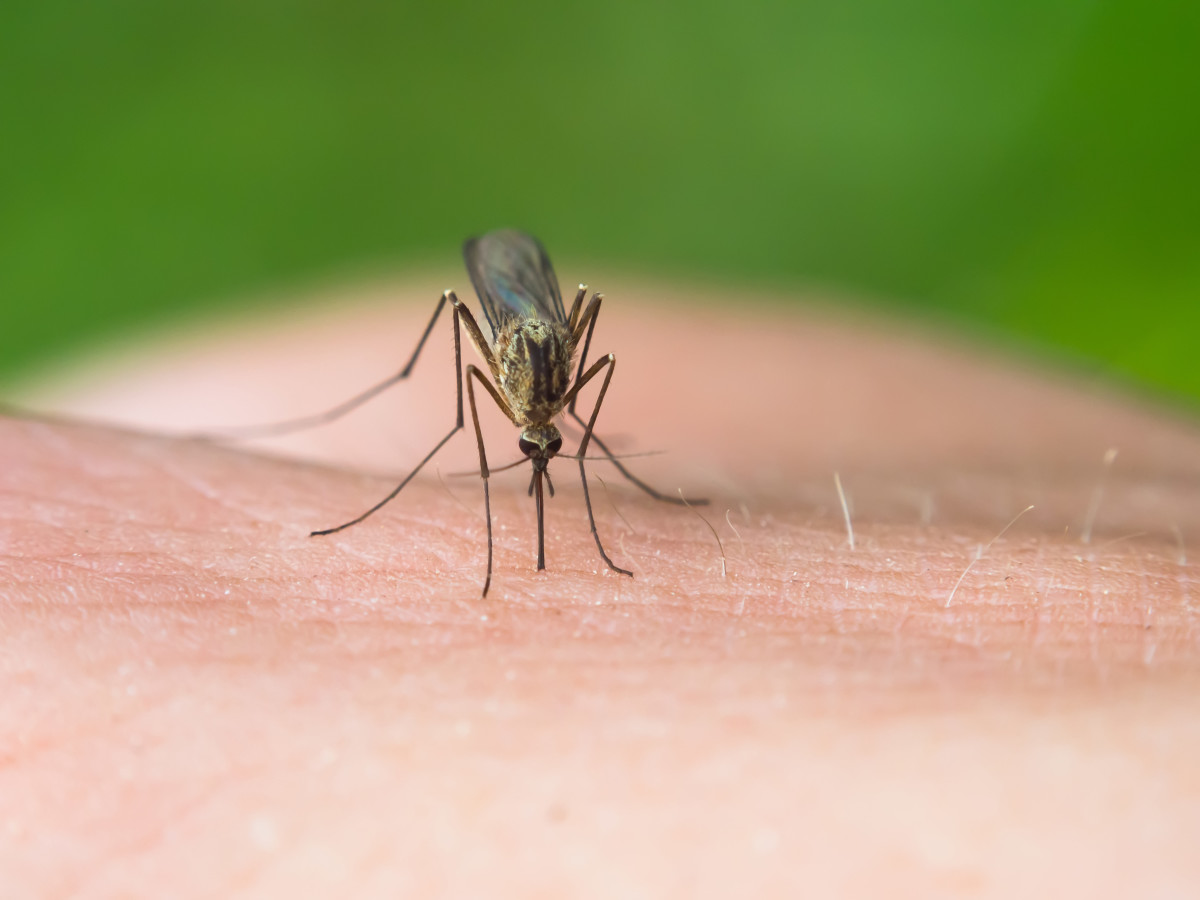A recent string of cases of West Nile fever has emerged in Israel, affecting several patients across Sheba and Ichilov hospitals. The first four cases were diagnosed in northern Tel Aviv, with two requiring intensive care. This led to the hospitalization of an additional four patients from Ramat Gan, Givatayim, Yehud, and Savion. One 70-year-old patient remains in serious condition in Tel Hashomer.
The Ministry of Environmental Protection has identified infected mosquitoes in Ramat Gan and is urging the public to take action by eliminating potential breeding sources. Symptoms of West Nile fever include fever, headache, weakness, muscle pain, rash, nausea, and diarrhea. Severe complications are rare but can include brain inflammation or meningitis. The incubation period is 5-21 days, and most cases resolve on their own in 3-6 days.
Preventative measures include keeping stagnant water sources dry, covering swimming pools with nets or barriers, draining containers that can collect water such as birdhouses or flowerpots, and applying insect repellent regularly. The Ministry of Health also suggests using fans to circulate air around your home and reporting any mosquito hazards you encounter to authorities. Collaboration between individuals and authorities is crucial in reducing mosquito-borne risks and staying vigilant against West Nile fever infections.
The latest cases have brought attention to the importance of taking preventative measures to protect ourselves from mosquito-borne diseases like West Nile fever. It’s essential to stay informed about potential breeding sources and take action when necessary to reduce the risk of infection for ourselves and our communities.
In conclusion, West Nile fever has been reported among several Israelis across Sheba and Ichilov hospitals recently. While most cases resolve on their own after a few days, severe complications are rare but possible. To prevent the spread of this disease it’s crucial for individuals to take responsibility for their surroundings by eliminating potential breeding sources while collaborating with authorities to reduce mosquito-borne risks.

